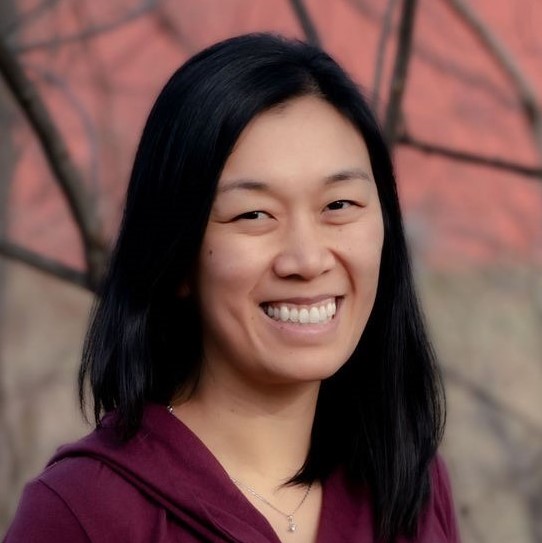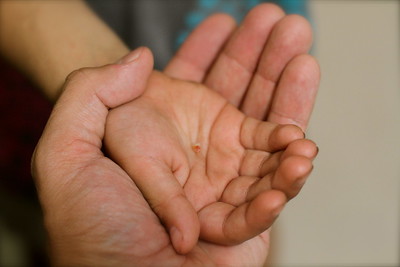This piece was first published in Geez Magazine’s Ancestors Issue.
I never saw my great-grandmother again after my mom, dad, and I left southeastern China for a new life in the United States. I was three, but Lao Nainai (老奶奶) became a legend in our small immigrant family. It began as a joke.
I latched onto the idea of the tooth fairy, not an ancestral tradition by any means. “Who is she?” I asked my parents once.
“The tooth fairy is Lao Nainai,” my dad said, not missing a beat. “She flies over here at night when you lose your teeth.” I don’t know if he laughed or kept a straight face or if his mouth twitched at the corners. But somehow, it stuck. For every fallen baby tooth, I imagined my stooped great-grandmother floating gracefully through the night; the breeze fraying her bowl-cut white hair. She would gently extract the gnarly little nubs from under my pillow and replace them with money. How she managed to exchange Chinese yuan for dollars didn’t cross my mind.
My Lao Nainai died when I was thirteen, months before I finally had the chance to return to China. She went to the bathroom and then laid down on her bed to die peacefully. Later I learned that after a person dies they lose control of their bowels and bladder. I realized then that moments before my great-grandmother died, she thought to empty her insides. This is the kind of person she was, always thinking of others.
A few years ago, my oldest son began losing his baby teeth. I took on the role of the tooth fairy (don’t tell the kids!). It is a strange practice, I know, exchanging obsolete body parts for money. Maybe it is some kind of weird ritual to capitalism, sacrificing what is no longer useful to feed market exchange.
Convoluted cultural analysis aside, I see it as a celebration of growing up. Each lost tooth traded for a few dollars marks one more chapter of childhood closed, one more increment of independence symbolized by the freedom to spend that money under the pillow however you wish. My second son Finley’s third tooth is now loose. He fantasizes on all the ways he might spend his coming windfall.
As for me, holding these tiny pieces of my children marks a passage in the other direction. My children will soon not be children. I am getting older. My own adult teeth already show signs of wear and tear. My dentist warns me of receding gums if I keep brushing too hard. By the time I am a grandmother, my teeth will likely show their roots, sticking out like distant guards on top of a castle wall instead of like the joined bricks below. In the coming decades, if I’m lucky enough to be alive, my flesh will pull away from my bones, surrendering to gravity and then to decay. When I am dead, I will become bones only. And then, just earth.
I was recently holding one of Finley’s lost baby teeth in Puerto Natales, Chile. We were halfway through a yearlong sabbatical traveling South America. I didn’t want to simply throw the tooth away, but it didn’t make sense to stuff it into the crevices of my backpack. I took a spoon, the only tool at hand, and dug a hole in the sandy earth outside our Airbnb. Knees in the dust, I paid homage to Finley’s being, to mine, and to my great-grandmother’s, who felt very present. Then I released this piece of my child into the ground.
Liuan Huska (she/her) is a writer, mother, and earthling based in the Chicago area, the ancestral lands of the Potawatomi, Kickapoo, and other native tribes.

